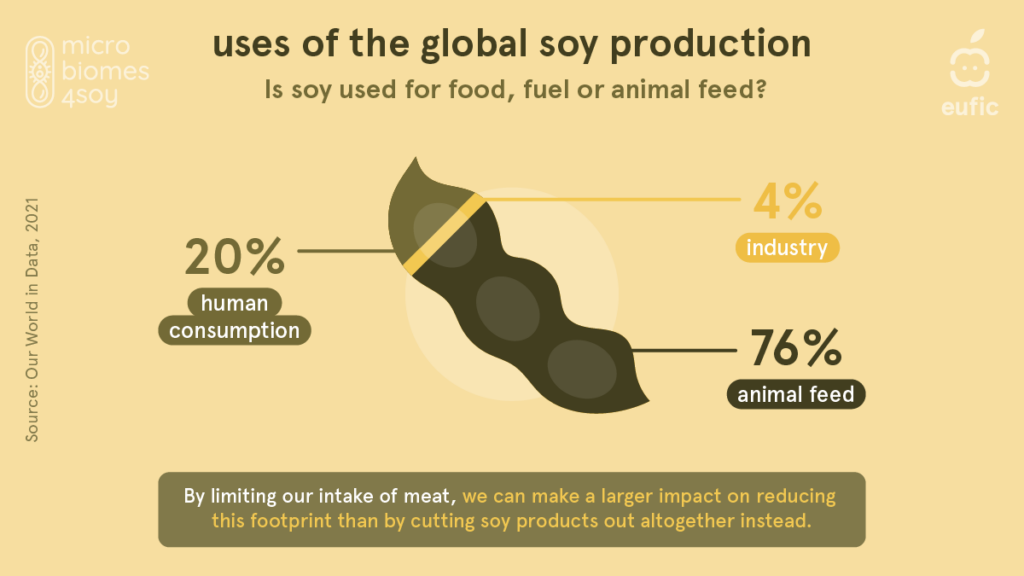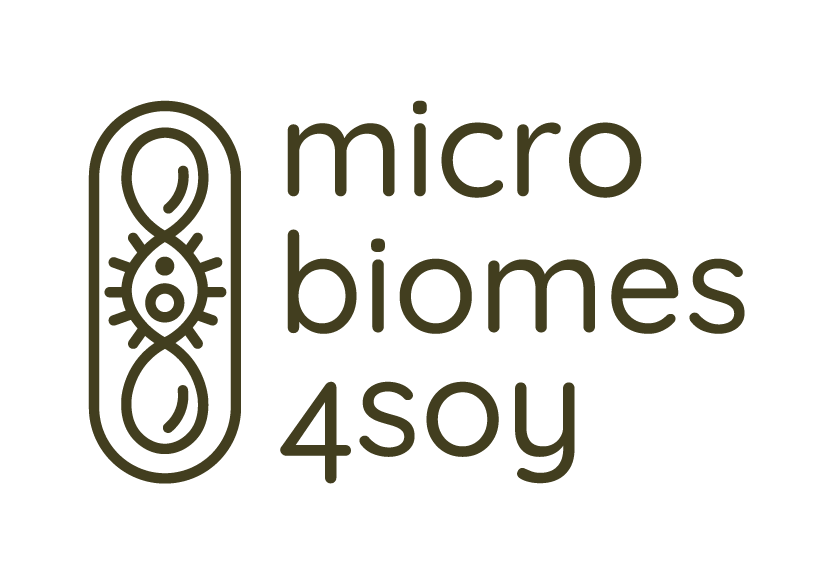Soya has become a key component of plant-based diets, but concerns persist about its environmental impact, including deforestation and biodiversity loss.
MICROBIOMES4SOY partner, The European Food Information Council (EUFIC) wrote an article on “Is Eating Soy Bad for the Environment?”. The article, aiming to reach consumers throughout Europe, provides insights into the environmental challenges of soya production and highlights innovative solutions to promote sustainable farming.
📢 Read the full EUFIC article here: Is Eating Soy Bad for the Environment?
MICROBIOMES4SOY has a commitment to regenerative agricultural practices, ensuring that soya remains a valuable crop for future food systems without compromising ecosystems. The project aims to harness the power of beneficial microbes to make soya cultivation more sustainable. By placing a strong focus on improving soil health, enhancing nitrogen fixation, and reducing the need for chemical inputs, we can help mitigate the environmental impact associated with large-scale farming.
Promoting soy as a plant-based protein alternative will also contribute to reducing the dependence on animal-based protein sources, which are associated with more intensive natural resource use and higher greenhouse gas emissions (GHGe). The project also works towards the development of improved soy-based fish feed for aquaculture industries, advocating for more sustainable animal protein options. Through these efforts, MICROBIOMES4SOY strengthens the position of soy as a protein alternative with a more positive impact on the environment and natural resources.

